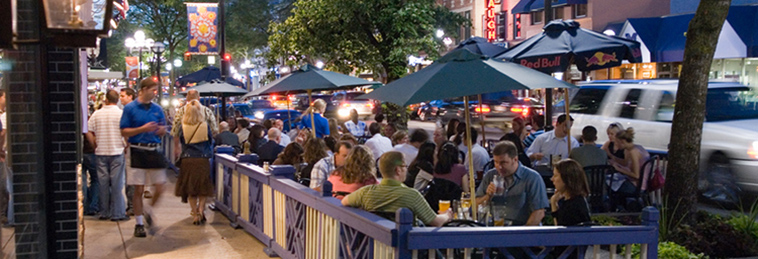
Ann Arbor is home to the University of Michigan. The university shapes Ann Arbor's economy significantly as it employs about 30,000 workers, including about 12,000 in the medical center. The city's economy is also centered on high technology, with several companies drawn to the area by the university's research and development infrastructure, and by its graduates.
In the past several decades, Ann Arbor has grappled with the effects of sharply rising land values, gentrification, and urban sprawl stretching into outlying countryside. On November 4, 2003, voters approved a greenbelt plan under which the city government bought development rights on agricultural parcels of land adjacent to Ann Arbor to preserve them from sprawling development. Since then, a vociferous local debate has hinged on how and whether to accommodate and guide development within city limits.[29] Ann Arbor consistently ranks in the "top places to live" lists published by various mainstream media outlets every year. In 2008, it was ranked by CNNMoney.com 27th out of 100 "America's best small cities". And in 2010, Forbes listed Ann Arbor as one of the most liveable cities in the United States.



